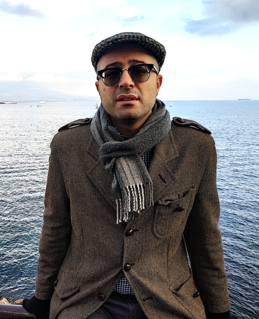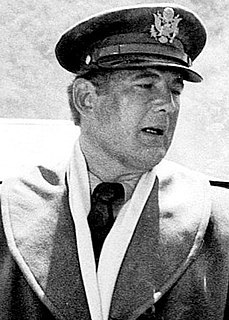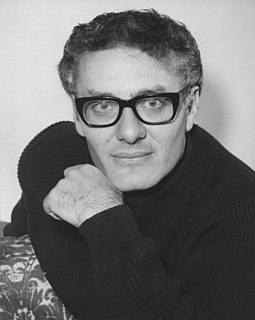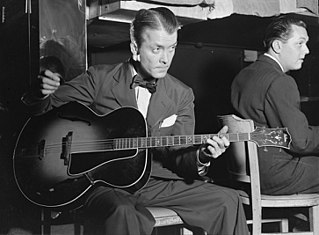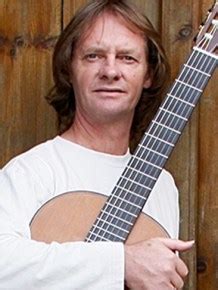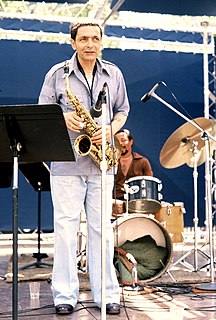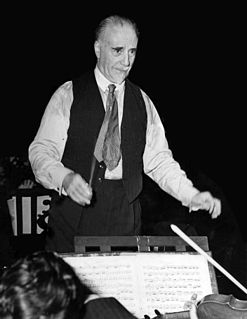A Quote by Mahan Esfahani
I mean to me, the harpsichord has a huge dynamic range. And I always say to people, come and listen to it. You know, come and listen. Come and actually experience this and realize there's good harpsichord playing, there's bad harpsichord playing. By the way, I am fun outside of this context.
Related Quotes
I think I was drawn to the harpsichord because of the similarity of touch between the harpsichord and the tracker organ. When you press a key on the harpsichord, the pluck of the string gives a slight resistance similar to the feel of depressing a key on a tracker organ. Also, harpsichordists and organists use much less wrist and body motion than pianists, and we do not need the upper body muscles required by pianists.
One of the tracks that I have is Carl Philipp Emanuel Bach - by the way, that's Bach's second son - Emanuel Bach's variations on "Le Folie." You'll definitely hear - I mean, I think if we listen to, say, the last couple of minutes of that track, there's a wide range of colors that the harpsichord is capable of. And I think, you know, that gives lie to the assumption that it doesn't have that kind of variety. And I think it very much speaks for itself.
As long as there's a place for sundials and gardening and beautiful things, there's a place for the harpsichord. I completely reject the idea that harpsichord is old. And I reject the idea that something old is therefore not good or not popular. Lots of things are old. Lots of traditions are old - cooking, art. I like it because it's beautiful.
I think the key that differentiates the good actors from the mediocre ones that are still trying to come up, is that the good ones know how to listen. It's like being in a jazz band. They know how to listen to what the other musicians are playing. And where to come in and where to sit out. That's my approach to being in an ensemble cast and working with any kind of actors in a scene.
The way so many musicians slavishly imitated Coltrane, that's the way it was with Charlie Parker - only even more so, if that can be imagined. Everyone that I knew changed totally. But they took the worst things of his playing-that harsh sound; it just didn't come off the way they did it. The way he did it was great, Their way wasn't good at all. I just would listen to 'em, say: 'That's a Bird imitator', and that would be it; I would never care to listen to them again.
